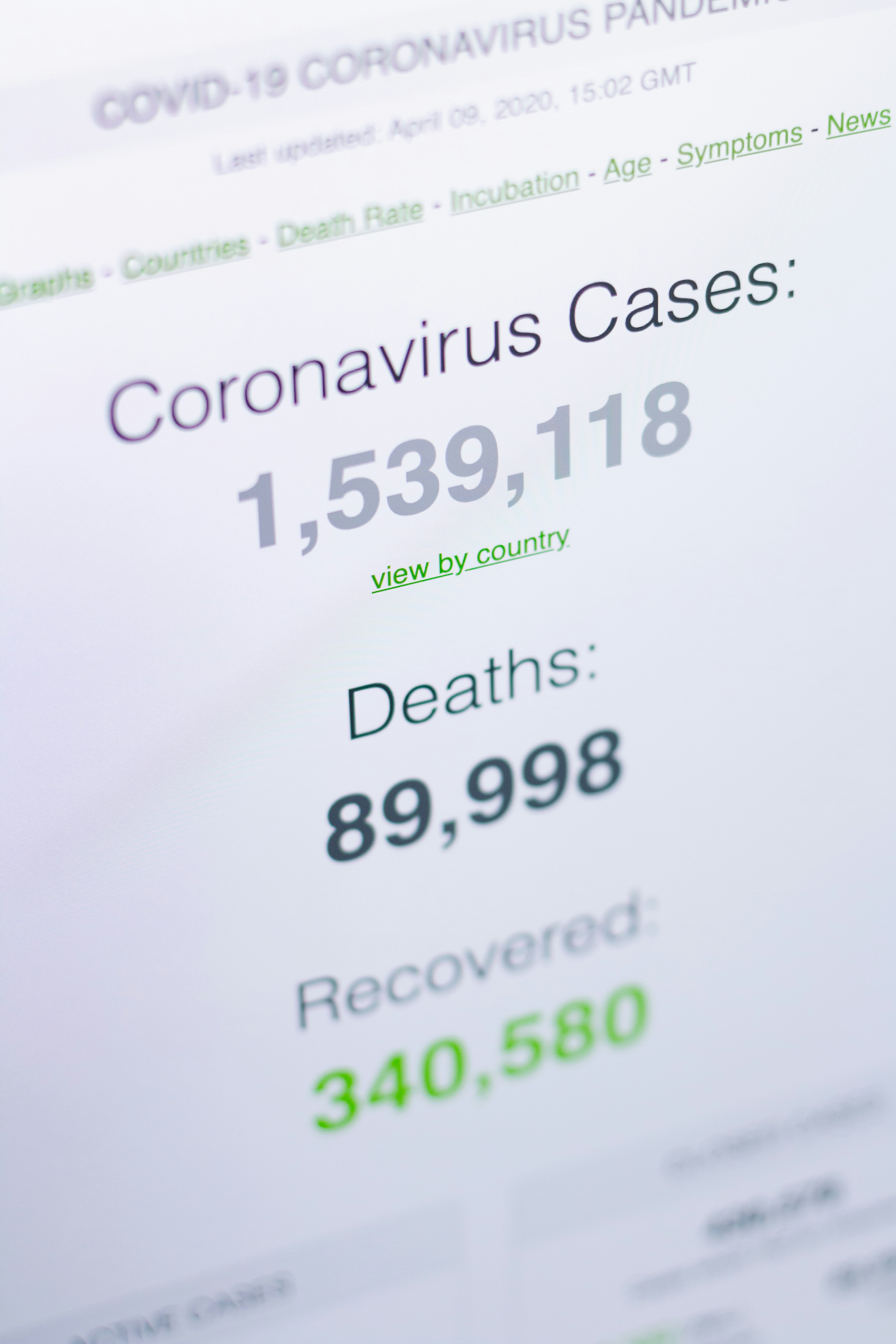
If you’ve been itchy, congested, and sneezy for months, you’re not alone. This 12 months’s spring allergy season began early, broke pollen-count data in some elements of the nation, and continues to be going robust in lots of areas.
Sadly, this 12 months is unlikely to be a fluke. Whereas pollen counts fluctuate from 12 months to 12 months, current traits recommend allergy seasons are, basically, getting longer and worse, says Dr. Kristine Vanijcharoenkarn, an assistant professor at Emory College College of Medication who makes a speciality of allergy symptoms and immunology. Sufferers began filling her workplace early this 12 months, across the starting of March, and he or she says “the pattern will more than likely proceed.”
Right here’s why—and the way to put together your self for future intense allergy seasons.
Why allergy seasons are getting worse
Local weather change performs a giant half.
“We’ve recognized for a very long time that greater [carbon dioxide levels] and turning up the temperature on vegetation in very managed environments makes them produce much more pollen and begin that pollen season earlier,” says William Anderegg, an affiliate professor within the College of Organic Sciences on the College of Utah who researches how local weather change impacts nature. Now, that’s occurring at scale.
Anderegg’s analysis means that, from 1990 to 2018, North American pollen concentrations rose by about 20%, with allergy season beginning about 20 days earlier and dragging on greater than an additional week by the top of that point interval. The impact is occurring throughout the U.S., however elements of the Southeast and Midwest are specific scorching spots, he says.
“Local weather change isn’t one thing in distant many years or different nations; it’s with us right here, in each breath we take within the spring,” Anderegg says.
How dangerous allergy seasons have an effect on your well being
Unhealthy allergy seasons result in dangerous allergy signs: itchy eyes, congestion, sneezing, fatigue, rashes, and so forth. Along with being disagreeable, these signs could make it arduous to sleep and will negatively have an effect on work or faculty efficiency, says Dr. Michele Pham, an allergist and immunologist at UCSF Well being.
If allergy symptoms linger and stay untreated, they will additionally contribute to problems, says Dr. Caroline Sokol, a doctor in Massachusetts Normal Hospital’s Allergy and Scientific Immunology Unit. “The longer you might have uncontrolled irritation, the extra doubtless you’re to have unintended effects,” Sokol says.
For instance, if you’re chronically congested, fluid and mucus can’t drain correctly. If a virus or micro organism will get into that fluid, it could possibly result in a sinus or ear an infection. (With viruses like COVID-19, influenza, RSV, and others spreading extensively this 12 months, medical doctors have seen an uptick in ear infections amongst each youngsters and adults, Nicely + Good stories.) Persistent irritation within the sinuses and nostril can even enhance your threat of contracting different respiratory infections, Pham says.
Allergens like mud and pollen can even exacerbate bronchial asthma signs akin to wheezing and coughing, Pham says. Whereas most individuals handle their bronchial asthma with out severe points, bronchial asthma assaults might be extreme, and even deadly in uncommon instances, if not handled correctly. Allergy-triggered bronchial asthma assaults might require extra intensive remedies, akin to steroidal medicines or hospitalization, Vanijcharoenkarn says.
Easy methods to deal with worsening allergy seasons
Get able to medicate. “Individuals who possibly had been capable of get away with not treating something or [taking] one week of an antihistamine are actually going to be caught with just a few weeks or months of medicines,” Sokol predicts.
Vanijcharoenkarn suggests planning forward now for the autumn allergy season—and for subsequent 12 months’s spring season—as she’s seen a rise in sufferers who want extended remedies to maintain up with the worsening pollen seasons. If you happen to’re vulnerable to fall allergy symptoms, begin taking medicines in August to keep off signs earlier than they begin, she recommends. (For the spring, begin proactively treating round Valentine’s Day.) “If you happen to begin it when you’re symptomatic, we’re a little bit behind the eight ball,” she says. “Prevention is all the time simpler.”
If you happen to’re already symptomatic, you might want one thing stronger than an oral drug. Pham says you’re prone to see higher outcomes with focused therapies utilized on to the realm that’s bothering you, akin to a nasal spray, eye drops, inhaler, or pores and skin cream, relying in your particular signs.
In case your signs are actually bothersome, you might wish to see a physician, who can prescribe stronger treatment or assess whether or not one thing else is happening. Some folks with allergy-like signs even have nonallergic rhinitis, a situation that may be triggered by adjustments in climate or irritants within the air, Sokol says.
If in case you have allergy symptoms that aren’t responding to plain medicines, you might be a candidate for immunotherapy, or allergy pictures. Sufferers present process this remedy obtain quite a few injections that comprise small quantities of their allergen, and the objective is for them to develop into desensitized to it over time.
“Immunotherapy is the one factor that adjustments your immune response to allergens,” Pham says. She’s already seen an uptick within the variety of sufferers beginning new immunotherapy regimens—a pattern that she says is prone to proceed as allergy seasons proceed to worsen.
Extra Should-Reads From TIME



